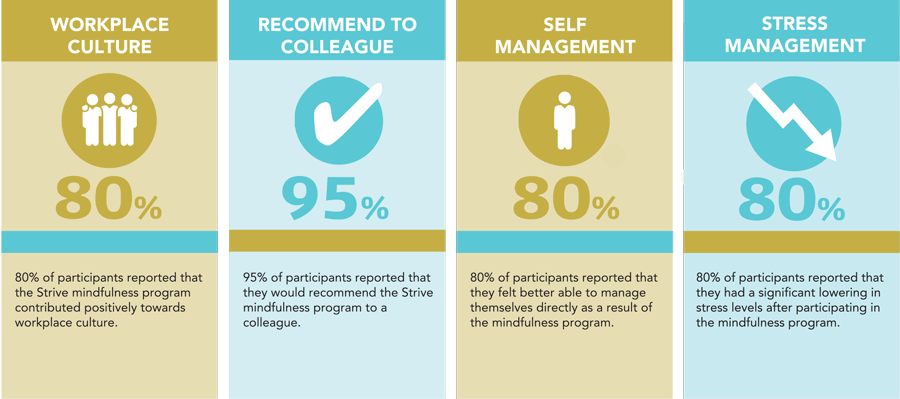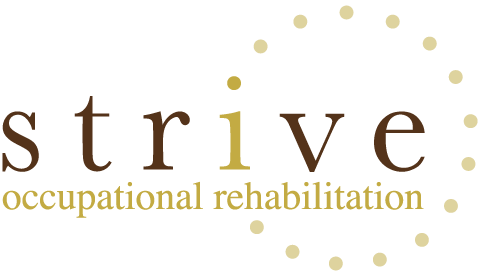What is Mindfulness?
Put simply, mindfulness is about paying attention to the present moment at any given point in time. It is about being aware of your thoughts, feelings, sensations within your body and opening up your awareness to experience these things in order to engage with the present moment.
Mindfulness is a form of meditation that has been around for centuries. Mindful people have the ability to create a headspace that allows them to step back and look at their life in a mindful way, which often allows them to see a new perspective and more easily be able to identify things that matter.
In its purist form, mindfulness is about opening up and being curious to all the things happening around us and within us.
What does the research say about mindfulness?
There is tonnes of research out there supporting the health benefits of regular mindfulness practice. Studies have shown that regular mindfulness practice can quite literally change your brain increasing the number of connections between our ‘thinking brain’ and our ‘subconscious brain. Why is this beneficial? Because our ‘subconscious brain’ responds about 80,000 times quicker than our thinking brain and is the primary response area for our emotion regulation, our “fight/flight” or “stress” response and regulates our cardiorespiratory system. Practicing mindfulness from as little as 10 minutes a day can literally allow us to better regulate our emotions, better control our stress response and better manage our cardiorespiratory system.
Here are a few other benefits of practicing mindfulness on a regular basis:
- Improved concentration
- Improved memory
- Improved emotional regulation
- Improved self-esteem
- Sense of a greater control over your life
- Greater sense of kindness and self-compassion • Boost in immune system
- Improved ability to focus
- Lower resting heart rate
- Lower blood pressure
- Decreased stress
- Improved sense of well being
- Improved sleep
- Improved ability to handle difficult situations
- Improved resiliency
- Promote creative thinking
How can mindfulness help my organisation?
In order to be mindful, we just need to be able to pay attention to the present moment. Sounds easy doesn’t it? But you’d be surprised at how absent minded we have become in modern life.
The research shows that approximately 50% of the day we spend thinking about something other than what we are doing. That’s approximately four hours in your work day or twenty hours of your working week where you’re not paying attention to the present moment. Imagine what you and your organisation could do with those extra four hours a day.
Here are just some of the benefits of introducing a mindfulness program to your organisation:
- Improved clarity and focus for staff
- Decreased absenteeism
- Increased productivity
- Decreased conflict
- Improved communication between employees
- Lower blood pressure
- Increased employee loyalty
- Decrease in perceived level of stress
What is a Strive mindfulness program?
Strive employees regularly practice mindfulness as part of their health and wellbeing program and have been delivering mindfulness programs to organisations for several years now. Strive recognise the significant benefit that mindfulness has on an individual level and for an organisation.
Strive’s mindfulness programs can be completely tailored to your organisations needs; however our most common program is an eight week program. Each mindfulness session usually takes approximately 30 minutes, once per week, and is aimed to provide the participants a broad overview of all the different mindfulness techniques available.
Each of Strive’s mindfulness sessions is structured around introducing mindfulness as a discipline, discussing ways to integrate mindfulness into our work day and finally providing some reading to take away reinforcing the benefits of regular mindfulness practice.

What is the cost of a mindfulness program?
Please contact us to find out more about this great program.

